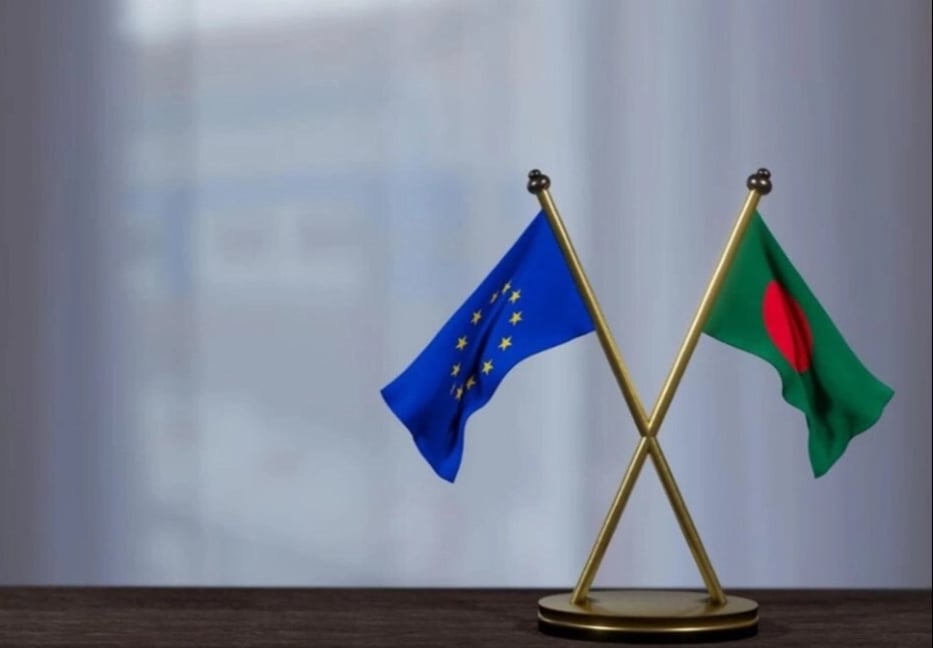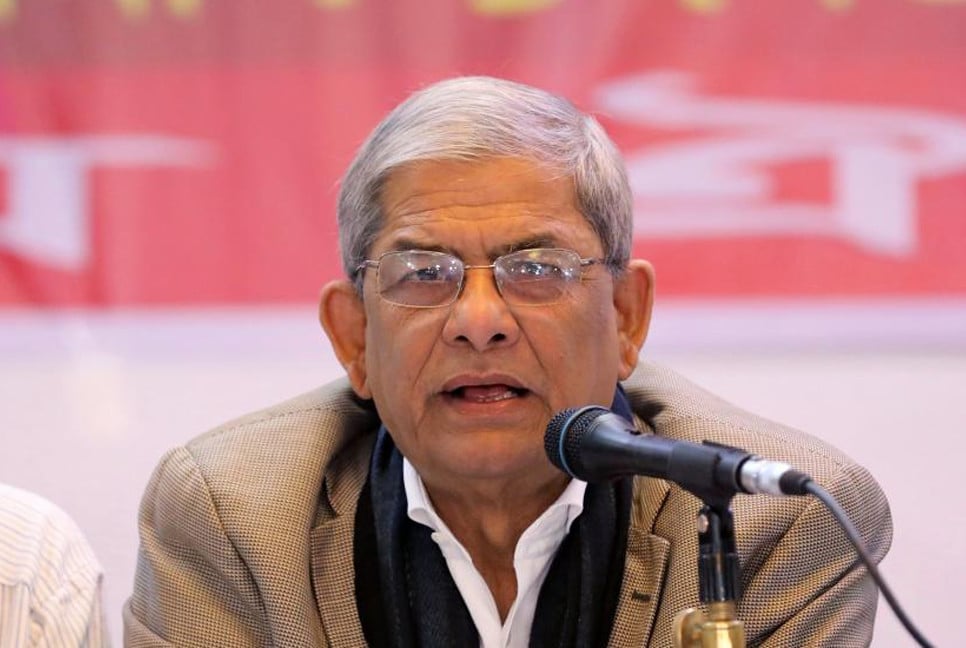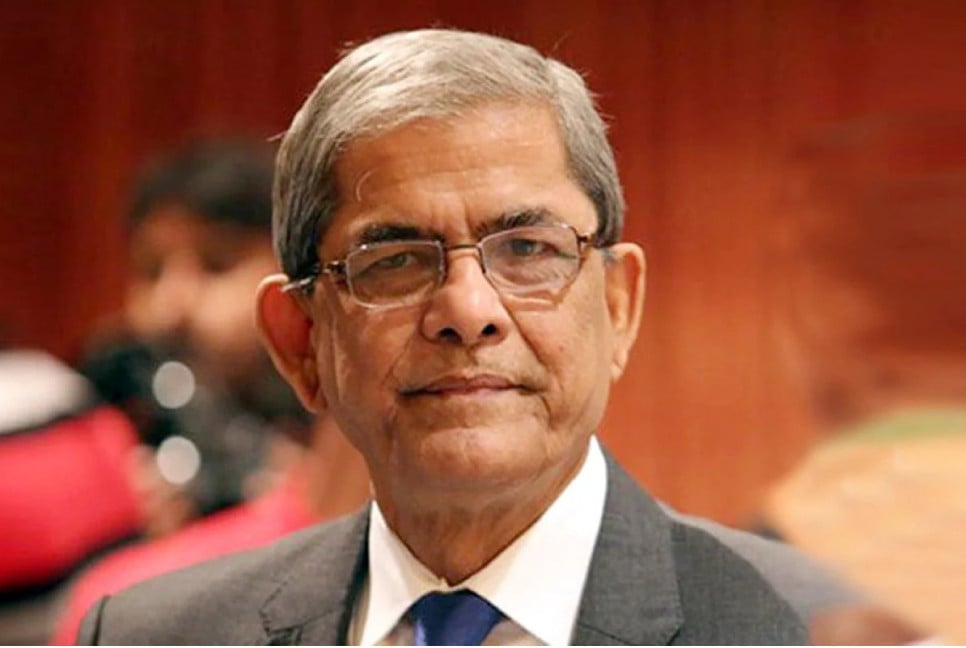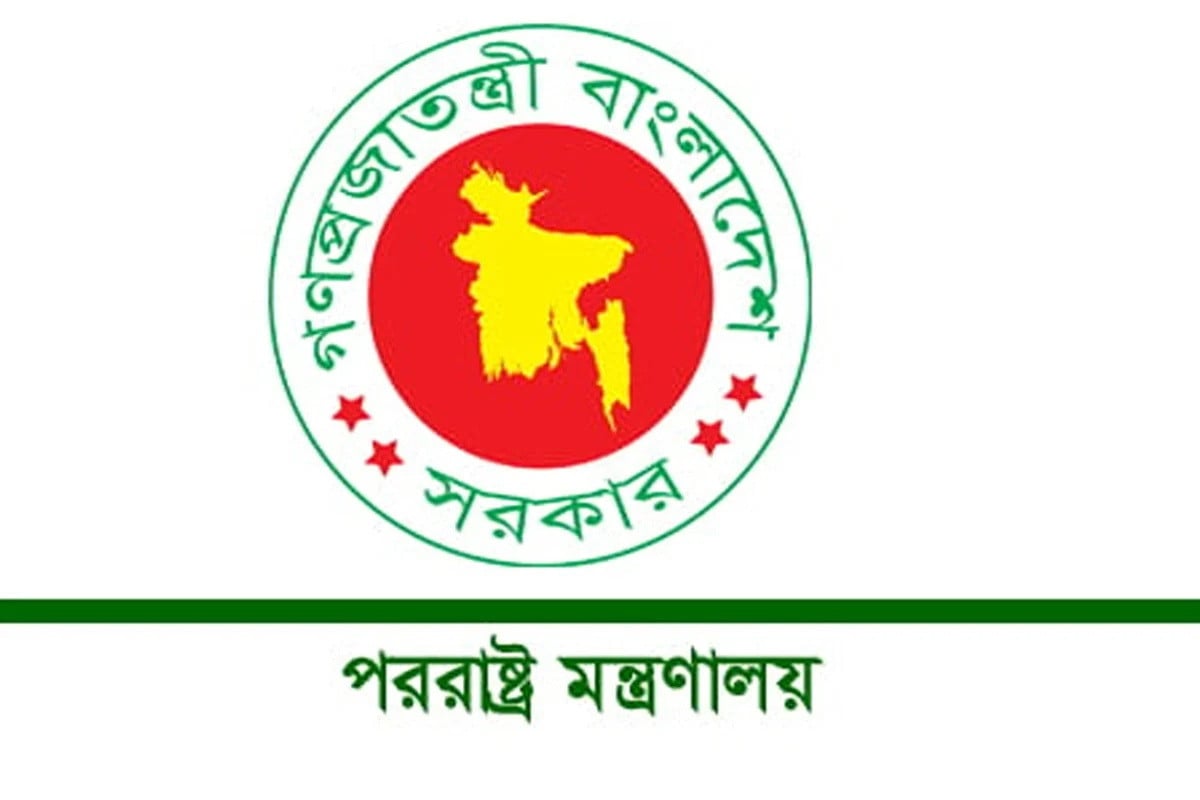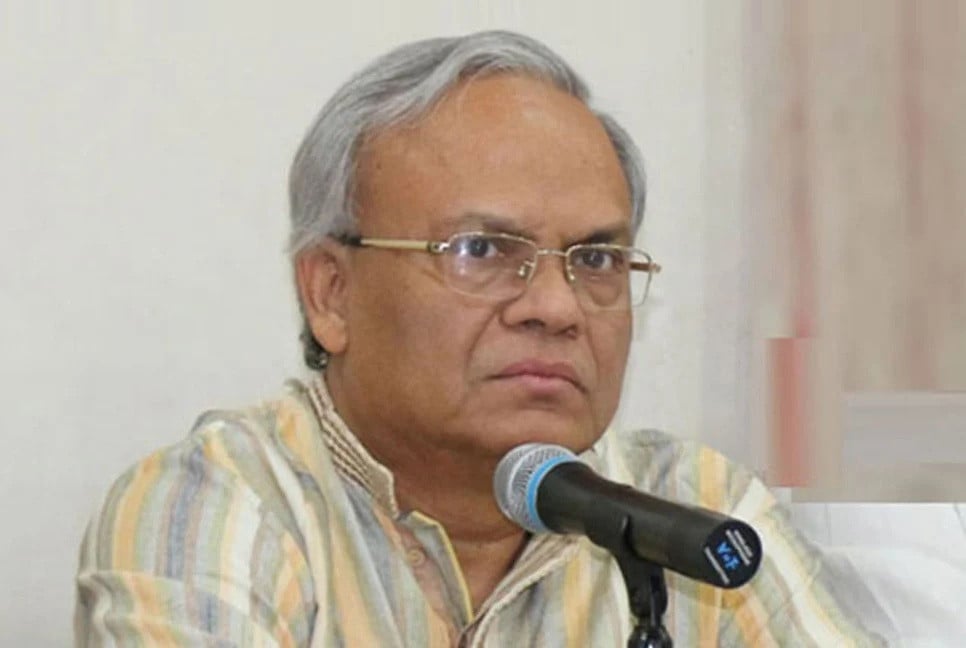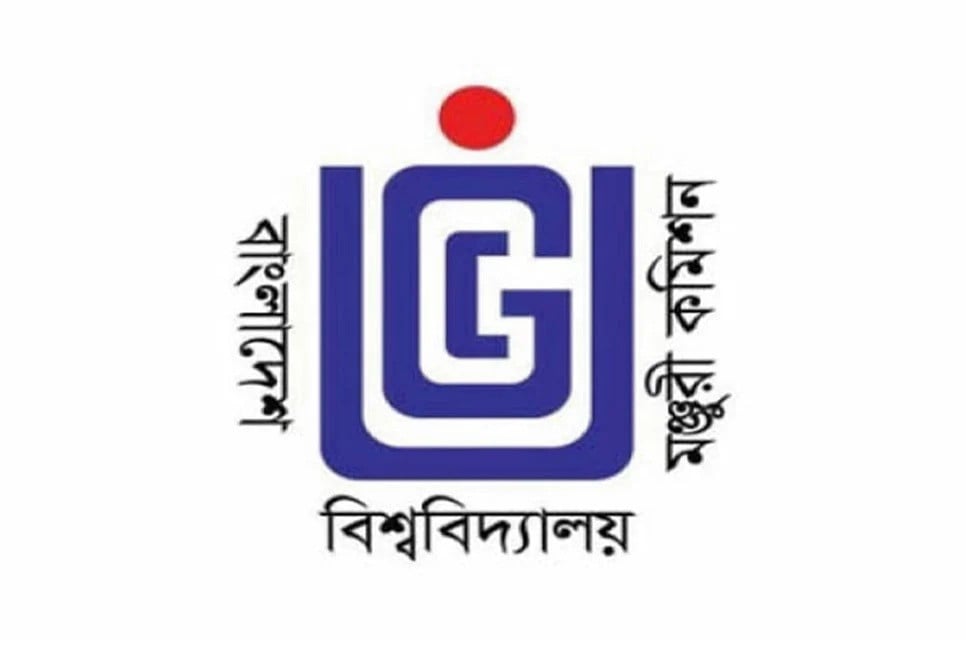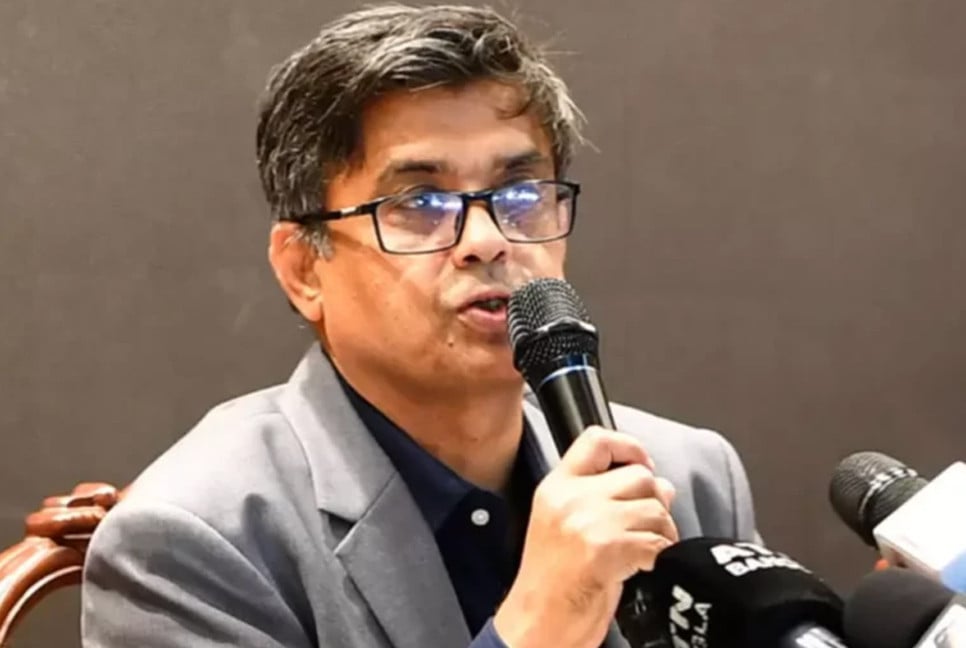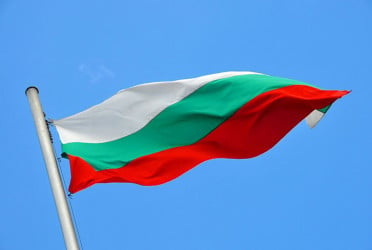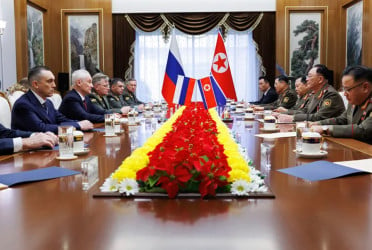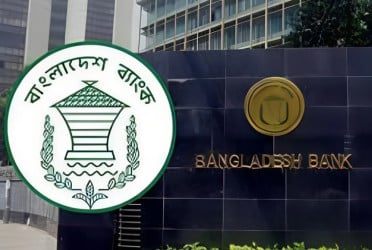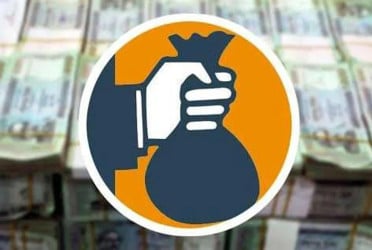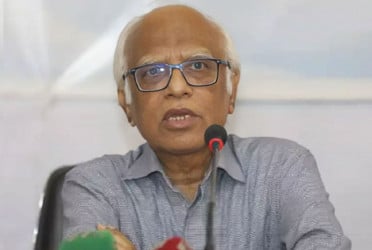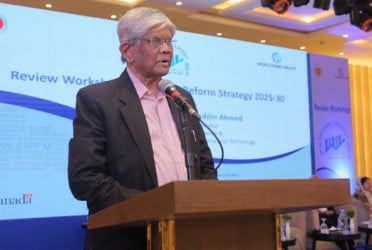The European Union (EU) has disbursed the third tranche of the ongoing Education Budget Support implemented by the Government of Bangladesh (GoB), aiming at strengthening quality education in the country, reports UNB.
The amount of the disbursement is EUR 44.875 million (around BDT 525 crore) with a view to advancing the country’s education reforms, in line with national and international commitments.
This payment was made in context of the country’s progress in overall education sector performance and the achievement of the agreed targets within the framework of the EU budget support operation called ‘Human Capital Development Programme 2021, HCDP 21’ (2018-2024), for FY 2021-22.
In this fiscal year, in line with its commitments, the GoB continued to strengthen its system, focusing on educational priorities with regards to ensuring access to a significant number of out of school children, modernizing the curriculum, increased access to TVET along with strengthened monitoring system and accountability.
EU budget support is a means of delivering effective aid to partner countries and of backing them to accelerate sectoral reforms, based on their national and international commitments and priorities.
It also aims to solidify the capacity of the partner country in the implementation of the policy and public finance systems while improving the accountability of the government towards its citizens.
EU Ambassador, Charles Whiteley, observed that education is a fundamental element for shaping the future of individuals, communities and countries.
"The European Union is pleased to support the Government of Bangladesh in its efforts to address key issues like equity and quality of the education in primary and Technical and Vocational Education Training (TVET)," he said.
While the EU acknowledges and highly appreciates the overall progress in the education sector along with the developments in the area of public finance management and macroeconomic situation, concerns remain with regards to the teachers’ professional development and implementation of the National Skills Development Policy.
Increased allocation and effective utilization of education budget, status of the non-performing loans, low tax to GDP ratio continue to be some of the issues flagged by the European Commission demanding further attention.
The disbursement of this payment comes after a positive decision of the Budget Support Steering Committee of the European Commission's Directorate-General for International Partnership in July 2023.
Bd-pratidin English/Lutful Hoque

